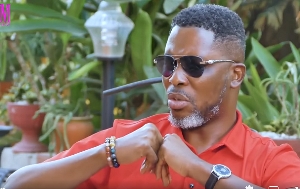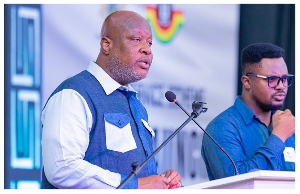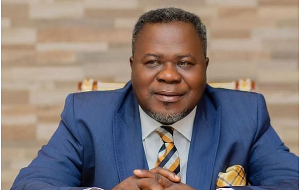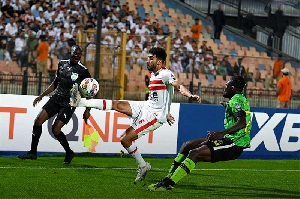A Senior Lecturer at the University of Education Winneba (UEW), Mr Kweku Esia Donkor is calling on teachers at the basic level to intensify education on child trafficking to equip children to report instances of the menace.
Over 36 million people are trapped in modern slavery globally with about 190,000 victims in Ghana, according to the Global Slavery Index 2015.
Child trafficking is a major child right violation in Africa.
In Ghana approximately 50,000 children are believed to be working on Lake Volta with about 20,000 of them being exposed to direct danger, according to the International Labor Organization.
Children between the ages of 4 and 17 are transported from one place to another against their will to engage in forced labour, sexual exploitation, and organ trade among others.
Meanwhile, poverty and ignorance continue to increase cases of child trafficking in its modern forms like domestic servitude, leading to loss of human capital, permanent disabilities and in some cases premature death.
In response, the government of Ghana has instituted ministries, acts and policies like the Child and Welfare Policy 2014 but allocation of funds to implement them has been low.
But the senior lecturer and departmental head of Basic Education at UEW wants the Ghana Education Service to come up with concrete policies to ensure that children are always educated on the dangers of child trafficking in school.
“We need to have a lot of education on that at the basic level, it is our duty! Child trafficking goes beyond the fishing communities, it includes children serving in farms and quarrying sites,” Mr Kweku Esia Donkor said. He added that the canker affects the education of the victims, which is a right and urged teachers “to empower them (pupils) so that they could even report to opinion leaders.” Mr. Donkor acknowledged that designing an educational curriculum often go in hand with politics. “In curriculum design and implementation, one can never take away politics, but this is an issue I guess we need to have a forum where various views will be sought and a consensus will be reached,” he noted.













